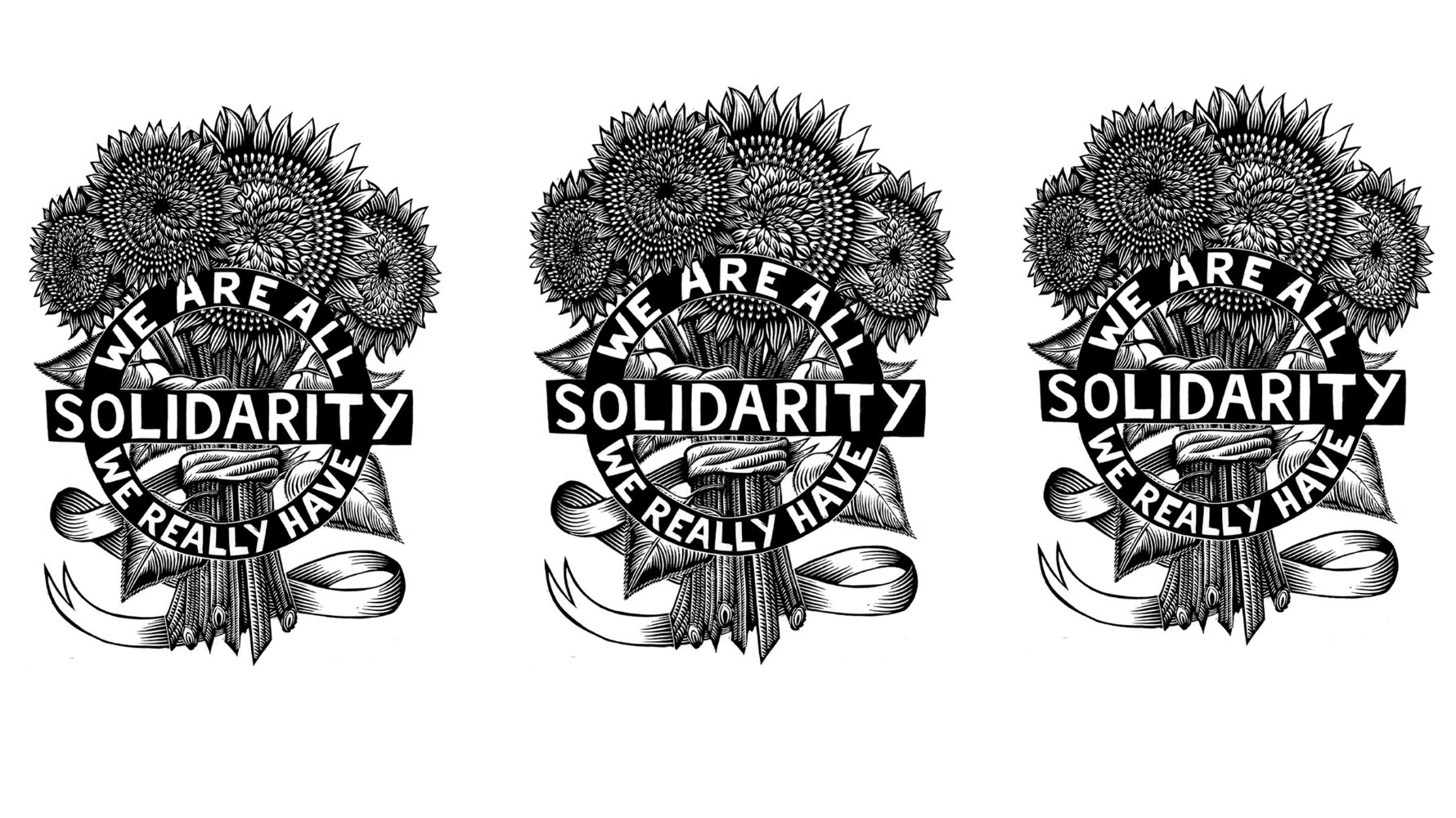Men and Care Work: Can Unions Help?
Sarah F. Small
29 September 2024New research suggests that men in labor unions help out more at home.

You don’t need an economist to tell you that on average, women spend a great deal more time on unpaid care work than men.
With increasing anxiety over the place of American men in society, it is time we home in on the role of men in care work. (By the way—a recent Revaluing Care in the Global Economy working paper seminar did just that! Tune in to the next ones!)
Richard Reeves has been concerned about the role of men in today’s society and has suggested we make better efforts to encourage young men to join HEAL (health, education, administration, and literacy) occupations– many of which are care-related occupations. And feminist economist Julie Nelson has hoped for a return to husbandry — where breadwinning and financialized masculinities are not hegemonic, but rather a ‘good husbandman’ who cares for his family, community, and environment is the norm. Several countries have tried to institute policies that encourage men to take paternity leave. On a smaller scale, many parents have pushed for dads to be the primary contact when care needs arise. All this work has largely been in an effort not only to help men find their place in the care economy but also to help women catch a break.
Regardless of gender, many workers have been strapped. ‘Greedy jobs’ have left even high-income households little time for care work. And strains on time and money for average working families make providing care extra challenging.
Recently and historically, many have found hope in their unions: namely, collective bargaining has allowed workers to push back against greedy jobs and negotiate for better pay and better hours.
Across the United States, there has been a good deal of press and hubbub about unions, but the nation’s unionization rate is falling. Should we turn to unions to help us center care in our economy and society? And, more specifically, can they help get men participating more in unpaid care work?
While it hasn’t always been the case, unions have started to do a better job negotiating for support policies like parental leave and subsidized childcare, especially as they become more feminized. For example, The Coalition of Kaiser Permanente Unions (CKPU) was recently able to secure a $300 a week child care subsidy for parent workers. And many care-focused occupations have recognized the need for unionization to boost wages, especially childcare workers.
Women and men alike have more time and energy for unpaid care work when their union secures them a better schedules and income– family-related benefits are just another piece of the puzzle. Yet, findings from my recent research suggest that on average, men with union coverage dedicate more time to unpaid care of household members compared to men without, while there is no discernible difference among women.
The empirical model holds constant components like income and work hours but isn’t able to capture access and take-up of family-related benefits. So, while the empirical model in my research cannot speak directly to mechanisms at play in this phenomenon, I suggest that in addition to improving men’s income, scheduling, and use of family-related job benefits, all of which may relate to their time spent in unpaid care work, unions may also improve men’s understandings of solidarity.
Indeed, unions foster community consciousness, training individuals to think and act for the collective rather than for purely individual gain. Does this type of thinking spill over into family life and unpaid care work, ultimately shifting conflictual care arrangements in the household to collaborative? This ‘solidarity effect’ from unionization may not be as strong for women, given they often already have many more community ties than men, but qualitative research is needed to better answer this question.
Still, results from the quantitative research are clear: men covered by unions spend more time in unpaid care work than those who are not. As masculinities scholar Raewyn Connell writes, “Men are more likely to be detached from the defense of patriarchy in small numbers at a time.” Are unions a potential mechanism for detaching workers not only from capitalist exploitation, but from patriarchy, in small numbers at a time? I have posed some big questions, which come with few answers. Yet, given the empirical evidence, we can find some glimmers of hope in the role unions can play in helping men find stronger roles in the care economy.
Sarah F. Small is an Assistant Professor of Economics at the University of Utah.
This work is licensed under a Creative Commons Attribution-NonCommercial-NoDerivatives 4.0 International License.